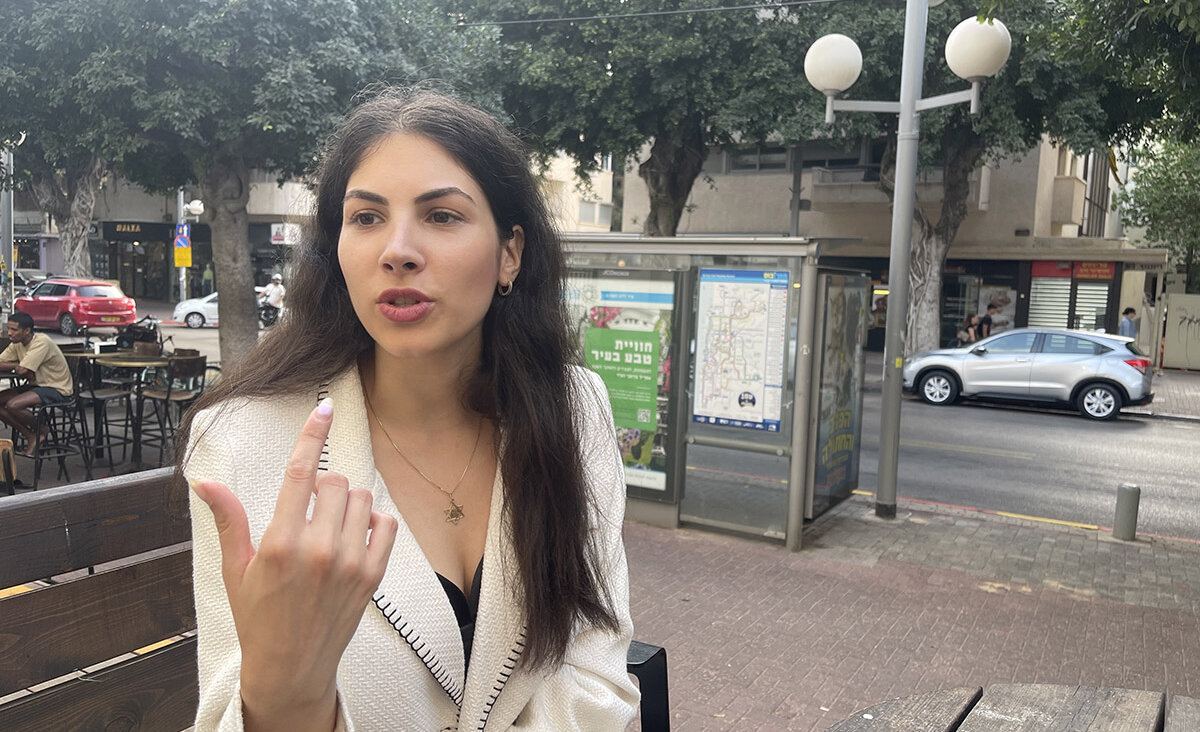Stop Minimizing Barry Freundel’s Actions By Saying He is Nonviolent


One of the most infuriating responses to the Freundel scandal I‘ve heard is the argument, “But it wasn’t rape.” As if to say, what he did was not such a big deal — after all it’s not categorized as a “violent” crime. In one really frustrating exchange I had, a radio host kept insisting that the requested 17-year prison term was too long because “it wasn’t rape,” he said, “I would rather be watched than penetrated.”
This comment is absurd in that it assumes that victims have a choice about how to be violated and that one is “better” than the other, but more dangerously it belies the very real and powerful impact of this category of so-called “non-violent” sexual assault. This is a type of assault that we need to understand better, because in this digital age, it is likely to increase.
What is the damage that is caused to a victim of voyeurism? That is the question that prosecutors in this case were trying to quantify. The prosecutor’s brief, followed by victim testimony in court, painted a portrait of sexual and spiritual trauma. It included victims who are afraid to get undressed, who are having difficulty resuming their intimate relationships, who have trouble trusting rabbis, who cannot walk into synagogue, who cannot walk into a mikveh, who are questioning their entire Jewish identity and religious practice.
Therapists have known for some time that emotional abuse can be just as hard to heal from – if not harder in some cases – than physical abuse. As a friend of mine, who had been in an emotionally abusive relationship for 12 years before her husband hit her, told me: “When you see a black eye, there is no denying that you have a problem that you need to fix. But when it’s emotional abuse, it’s harder to know and identify. And it’s hard to trust yourself.” The victim of so-called non-violent abuse is trapped in a web of mind games: What did I to deserve this? Why am I feeling so bad? Everything is fine, isn’t it? It’s my fault that I’m feeling this way. Recovering from non-violent abuse does not involve surgeons or bandages or rehabilitation. It requires taking ownership again of your own mind and your own truth. It requires learning to trust yourself and trust the world around you, even when the world proved itself to be unsafe. This is the kind of challenge that, for some victims, can take a lifetime.
This particular crime of secretly taping naked women in the mikveh is particularly hard because it violates women’s very basic fears. In order for a woman to immerse in the mikveh – to stand naked in front of a mikveh attendant who asks personal questions, plucks hairs off her back and watches her get in and out of the water – you have to consciously let go of the voice inside your head telling you that this is a bad idea. The idea that I need to strip and be watched in order to be religious is so counter-intuitive, and in fact such a basic violation of basic dignity – but women who immerse systematically put all those feelings aside and are taught that this is trustworthy practice, that the mikveh is safe. No wonder so many women who were not directly victims of Freundel were demonstrably shaken by this story. It proves all the things that our deepest consciousness may have been telling us all along: that going to the mikveh is probably a really bad idea. Who to trust now? How do we make our way back to our religious lives and identities? What is the recovery like for that particular violation?
Voyeurism is often seen as a kind of victimless crime. But that attitude is a mistake. In the digital age, where we spend so much of our day watching images and connecting in non-physical ways, there is a tremendous need to understand how this kind of non-physical violation can harm people. I think there are clues to this in the issue of sexting, for example, where people share intimate photos of themselves thinking that they are for private use but may end of being viewed by others, sometimes virally. Research demonstrates a connection between depression – even suicide – and the sharing of intimate photos. In one study teenagers involved in sexting were more likely to attempt suicide, and were twice as likely to have depressive symptoms as students who weren’t involved in sexting. One psychologist described a sense of disillusionment and a sense of betrayal” when the private image gets shared, which leads to depression and regret. “These girls may act real tough and say this doesn’t matter but a lot of them do wind up doing some sort of self harm…cutting, bulimia, burning themselves, pulling out eyelashes or pubic hair, or some other sort of self-injurious behavior like alcohol and drug use.” This psychologist is not describing healing from rape; it is about healing from non-contact, non-physical sexual violation.
Society must acknowledge the kind of emotional and psychological scarring this kind of dynamic can cause. It’s not about physical violence, but rather about a form of sexual abuse in which your body and your sexuality is the object of gaze or conversation among people who did not ask for permission to watch or talk about your body. In fact, the most famous victim of this kind of “non-violent” sexual violation is Monica Lewinsky, who recently gave a riveting TED talk about the impact of having the entire universe discuss your sexual life. At times, Lewinsky couldn’t leave her house, and her mother was afraid that she would do something drastic to herself.
Orthodox women and girls have a particular vulnerability to non-contact sexual violation, and not just because of the mikveh practice. It starts much earlier than that. In the Orthodox community, commentary on girls’ bodies is so commonplace that most day schools have staff members whose job description includes watching girls’ knees and elbows for signs of exposure. The entire Orthodox community is taught that this is okay, that it’s normal religious practice for adults to comment on the sexual allure of girls’ bodies. The community never bothers to ask how this practice affects girls’ relationships with their own bodies, and certainly does not ask how it affects girls’ abilities to know when their sexual privacy is being violated. I think that girls who are forced to endure incessant commentary from adult teachers about their skin and body parts are all victims of sexual voyeurism.
And it’s no wonder that so many women – myself included – found ourselves shaking from the Freundel story. Trembling, actually. Our bodies have been watched and measured by an entire community for our whole lives. Pretty much every rabbi we know has used his pulpit or his classroom to tell us what he thinks of our flesh. Of course we’re all traumatized. Our bodies have been on communal display for a very long time.
Freundel’s actions triggered some of our worst fears and unleashed a lot of trauma. But it’s not enough to say, well, it wasn’t rape, or it’s only one rabbi. These events should be used to instigate a communal conversation about what so-called non-violent sexual assault looks like, and what it does to a person. This is the right time for the entire Jewish community to try to understand what really happens when girls’ and women’s bodies are considered communal property.

I hope you appreciated this article. Before you go, I’d like to ask you to please support the Forward’s award-winning journalism this Passover.
In this age of misinformation, our work is needed like never before. We report on the news that matters most to American Jews, driven by truth, not ideology.
At a time when newsrooms are closing or cutting back, the Forward has removed its paywall. That means for the first time in our 126-year history, Forward journalism is free to everyone, everywhere. With an ongoing war, rising antisemitism, and a flood of disinformation that may affect the upcoming election, we believe that free and open access to Jewish journalism is imperative.
Readers like you make it all possible. Right now, we’re in the middle of our Passover Pledge Drive and we still need 300 people to step up and make a gift to sustain our trustworthy, independent journalism.
Make a gift of any size and become a Forward member today. You’ll support our mission to tell the American Jewish story fully and fairly.
— Rachel Fishman Feddersen, Publisher and CEO
Join our mission to tell the Jewish story fully and fairly.
Only 300 more gifts needed by April 30

























